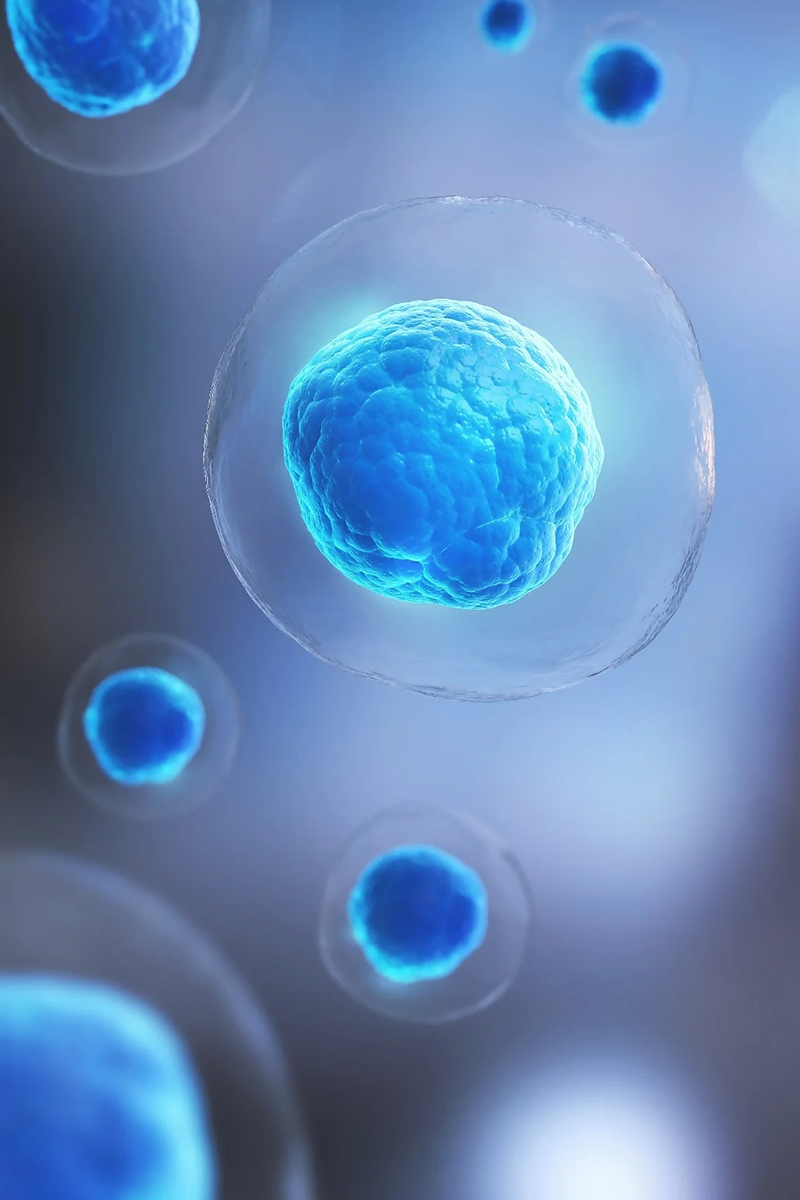Knee
Knee Pain Solutions
We can help all types of Acute or Chronic Knee Pain from sedentary people to World Class Athletes. Our Drug-Free, Non-Surgical solutions include:
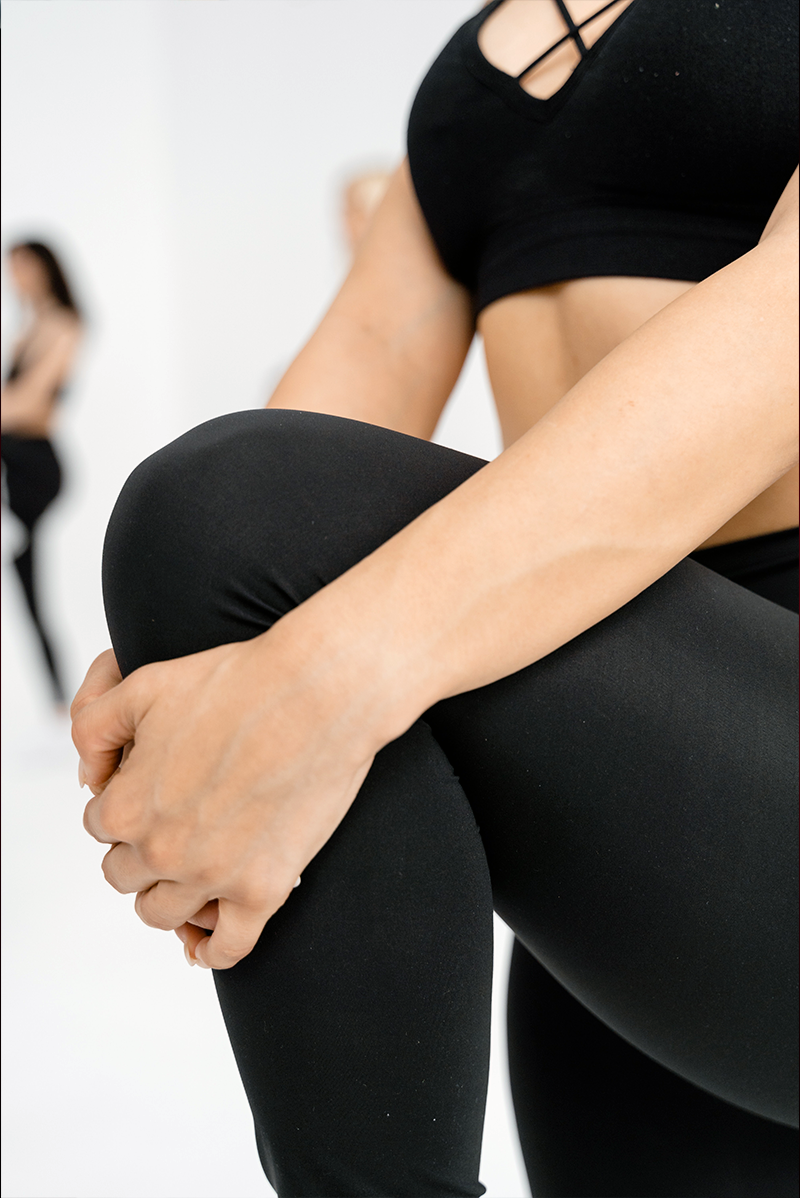
Commonly Treated Knee Conditions & Causes
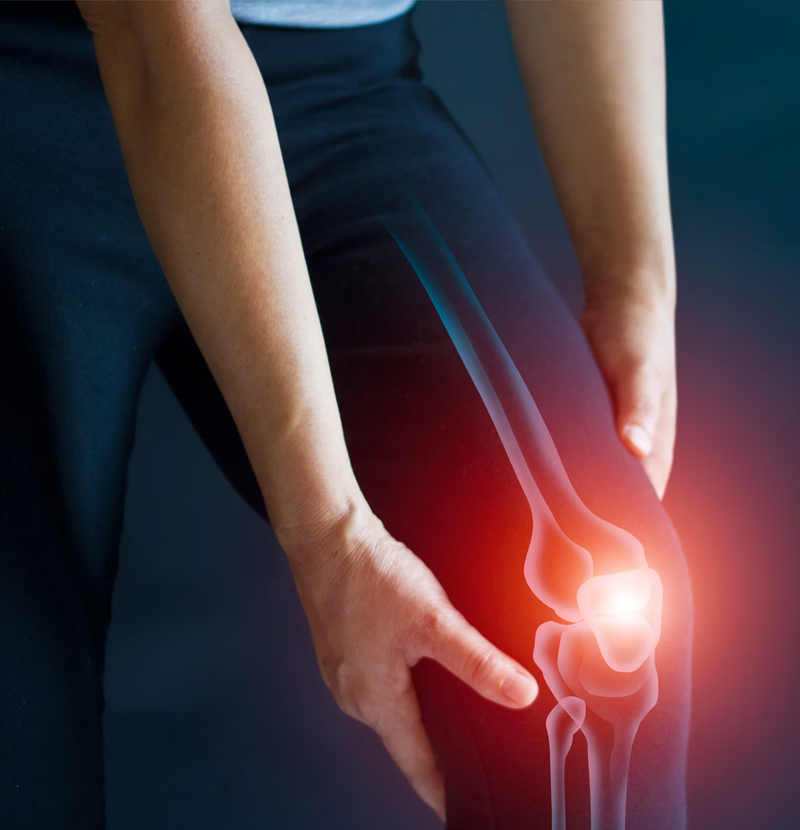
Why Do I Have Knee Pain?
The knee is the most commonly injured joint in the body. The knee joint sits between the two largest bones in the body making it subjected to great stress and high demands. We at Chattanooga Non-Surgical Orthopedics specialize in dealing with these common issues.
There Are Basically Three Types Of Injuries That Generate Knee Pain And Discomfort In The Leg And Knee.
1- Sprain/strain of ligaments, tendons,, and meniscus; this can be Acute such as in an athletic injury or fall. Or Chronic such as tendonitis from overuse syndrome. PRP, Low Level Laser and Prolotherapy are used to treat this type of trauma.
2- Knee Cap Pain, aka Patellafemoral Syndrome - this type of knee pain occurs when the patella is misaligned or subluxated in relation to the Femur/Tibia. This is caused by muscle imbalances. Over time, the patella develops crepitus and the cartilage begins to wear out. PRP, Viscosupplementation, Adjustments, and Low Level Laser are used to test this type of knee. If the problem is chronic, Non-Surgical Knee Decompression is used.
3 - Internal Knee Pain - in this type of knee pain, the meniscus is disrupted and osteoarthritis may be present. This is caused either by long term injury from a meniscectomy or uneven loading on the joint space. Some people are told the have "bone on bone". PRP and Viscosupplementation combined with non-surgical knee decompression are utilized to relieve the pain and avoid meniscectomy or even a knee replacement.
If the meniscus has a full thickness tear or severe OA is present Stem Cell Therapy is utilized. Stem cells derived from adipose tissue are injected into the knee to provide cushion and cartilage regeneration. A2M is sometimes used to prevent the breakdown of cartilage and reduce inflammation.
There is significant evidence that many knee surgeries such as meniscectomy done in the past were not only unnecessary but also undesirable because they do not fix the misalignment and imbalances. Articulate cartilage pressure increases greatly when the meniscus is removed, leading to osteoarthritis of the knee. This in turn leads to repeated cortisone injections which degrade cartilage eventually leading to a total knee replacement.
Drug-Free, Non-Surgical Procedures for Knee Osteoarthritis, Meniscus Tears, Tendon & Ligament Tears, Overuse Injuries and More
Non-Surgical Knee Decompression, PRP, Viscosupplementaton, and Low Level Laser are generally used for those experiencing degenerative changes such as meniscus tears and osteoarthritis. These procedures are used for people suffering from acute or chronic knee pain due to common injuries to the knee Meniscus, ACL, MCL, LCL, PCL, Patellar Tendon and other structures. Prolotherapy is typically used for injuries of the ACL, PCL, MCL, LCL, and Patella tendon. Knee Decompression opens up the joint space to relieve pain. PRP and Viscosupplementation are used in combination with knee decompression. If the knee is severely damaged stem cell therapy is used to provide cushion and regrow cartilage. A2M is used to prevent further breakdown of cartilage and reduce inflammation.
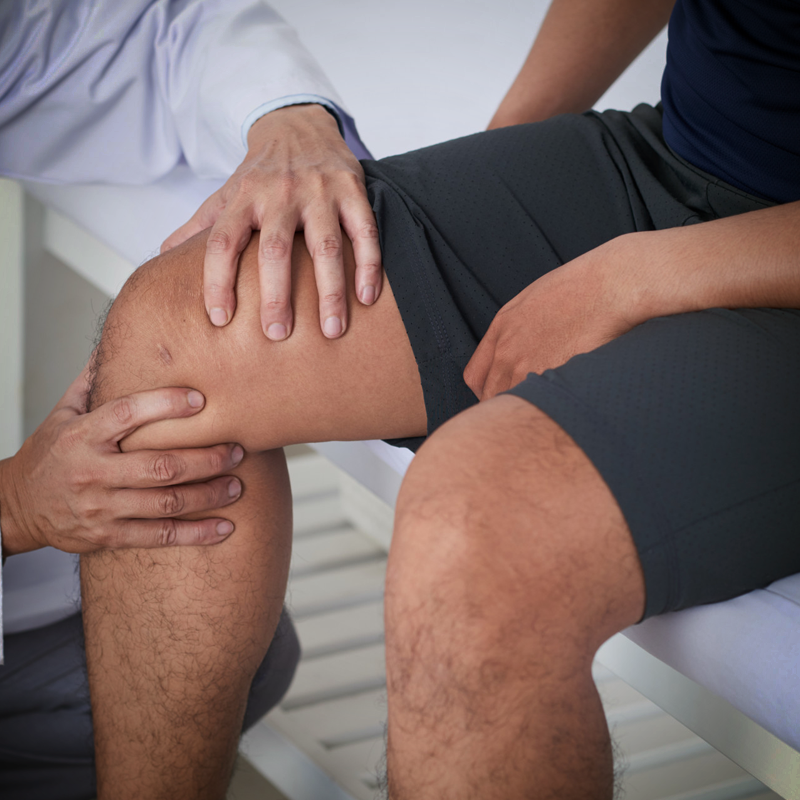
Traditional options for patients suffering from these conditions include arthroscopic knee surgery to repair ligament tears, meniscus, or total knee replacement. With these types of surgeries, months of rehab are required, and the patient must be aware of and fully prepared to take on the risks.

Drug-Free, Non-Surgical Solutions Have Been Shown More Effective Than Surgery
Surgical options for those dealing with painful knee issues range from arthroscopic knee surgery to total knee joint replacement. Recent research has shown that some of the most popular arthroscopic surgeries, such as meniscectomy, provide little benefit to the patient. Knee replacement is extremely traumatic and carries risks of chronic pain and toxic wear particles entering the bloodstream. Surgical risks aside, all surgeries require months of painful rehab to regain strength and mobility. Most knee surgeries also accelerate the cascade of degeneration that leads to Osteoarthritis.
We have seen exciting results on simple and difficult cases, such as partial and full thickness meniscus tears, and ligament tears and mild/mederate and even severe OA, and have helped many patients avoid knee replacement and continue to do the things they love with little or no pain. Most patients experience little downtime from their procedure and are encouraged to return to activity as they begin to feel better.
Dr. Jeff Hall will determine if you are, or are not, a candidate for these procedures and recommend surgery if that’s what’s needed.
Common Knee Conditions Explained
OSTEOARTHRITIS
Knee replacement surgery comes with many serious risks and complications, but is often considered to be the only approach to treatment for those suffering from significant arthritis or injury in this joint. Before you consider knee replacement, learn how Non-Surgical Knee Decompression and PRP combined with Viscosupplemention can help you.
MENISCUS TEARS
Meniscus tears are one of the most common injuries we treat. The last option anyone should consider for treating a meniscus injury is the surgical removal of all or some of this important structure. Contact us today to learn how Non-Surgical Knee Decompression / PRP / Stem Cell therapy may be a great alternative over meniscectomy (aka knee scope).
ACL, PCL, MCL, LCL TEARS
Knee Ligament tears are a very common injury. The rush to surgery has long been due to the traditional thinking that ligament tears will not heal. Our experience treating ligament tears with our PRP or Prolotherapy coupled with Low Level Laser treatment has shown that it may be a better option for those who have experienced a partial or complete non-retracted ligament tear.
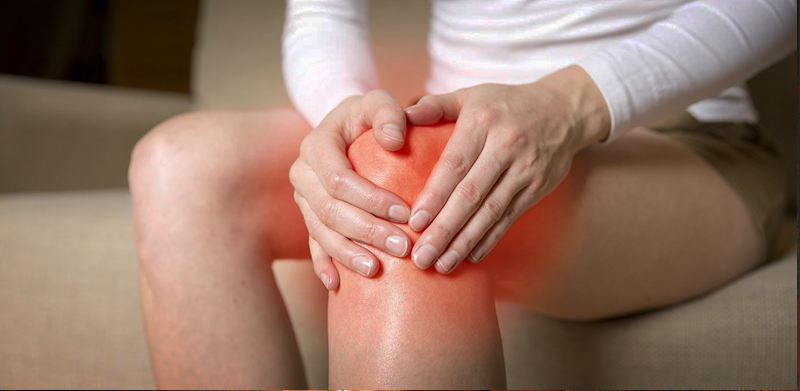
Regenerative Medicine Procedures for Knee
REGENERATIVE MEDICINE
Platelet Rich Plasma (PRP) is a procedure that contains healing growth factors from your own blood that promote your body’s natural ability to repair itself. The use of PRP to treat joint, tendon, ligament, and muscle injuries is becoming well known, thanks to exposure from professional athletes. Platelet injections have a stimulating effect on the repair cells within the targeted area, making those cells work harder to perform their natural job of healing the body. Regenerative Medicine PRP procedures are performed with high-level imaging guidance to ensure the most accurate placements of cells into the desired area. Platelet procedures are commonly used for soft tissue injuries, mild arthritis, spine conditions, and around nerves. Low Level Laser is used to increase the effectiveness of PRP.
Effective Prolotherapy Procedures
Prolotherapy is an injection technique that is used to assist in repairing and strengthening ligaments, tendons, and muscle tears. “Prolo” is short for proliferation, because the treatment helps promote the proliferation (growth, formation) of new muscle ligament or tendon tissue in areas where it has become weak. When injured, ligaments or tendons don’t always heal to their original strength due to limited blood supply where they attach to the bone. The attachments have many small nerve endings that may cause pain when injured. These injuries can often lead to muscle weakness and joint instability.
Prolotherapy uses a dextrose (high concentrated sugar water) solution and is injected into the injured ligament or tendon. These injections cause localized areas of inflammation-triggering the body to increase blood supply to the area, often allowing reparative cells called Fibroblasts to lay down collagen strengthening the structure. So, in essence, we recreate selective areas of inflammation with Prolotherapy triggering the body’s own reparative process and then back away allowing the body to heal in injury.
Prolotherapy is not a new technique. In ancient times, Hippocrates first used a variant of this technique on soldiers and Olympic javelin throwers who injured their shoulders.
The response to Prolotherapy varies from individual to individual and depends upon one’s healing ability. Patients will typically need a series of 3 to 6 injections over a period of time. Each session separated by 2 week intervals. This interval allows the body time to begin the healing process after the injection.
STEM CELL TREATMENTS
Stem cell therapies support healing and regenerative properties in damaged tissues within the body, helping it repair itself naturally. At Chattanooga Non-Surgical Orthopedics, we offer stem cell therapy for the following orthopedic conditions:
During stem cell therapy, autologous stem cells will be harvested from your own body to be injected into your areas of concern. We use a simple liposuction procedure to harvest fat cells from your abdomen. Sometimes a pre-screened donor, FDA compliant, adipose derived stem cells are used instead. These stem cells are blended with PRP and then injected to your injured or degenerated joints. Autologous stem cells can provide intense healing properties that are more effective than traditional methods of pain relief, such as NSAIDs and steroid injections.
Stem cells can also regenerate and produce new, healthy cells. Adipose Stem cells also provide cushioning for joints. This can lead to an overall improvement in your damaged knee joint, hip joint, and spinal facet joints. Our Chattanooga ortho specialists will work with you to design a stem cell treatment plan that meets your unique needs and restores your quality of life.
